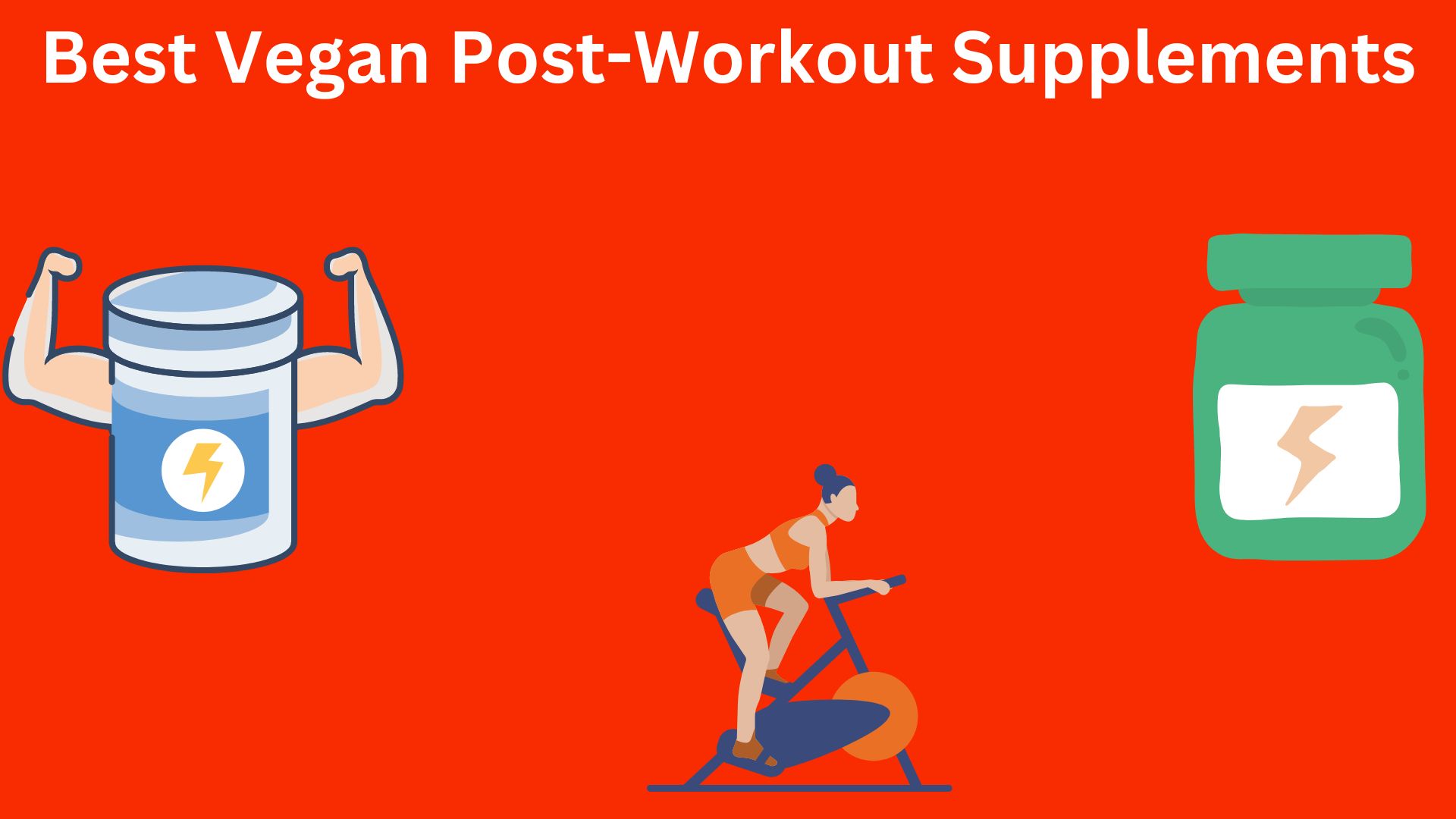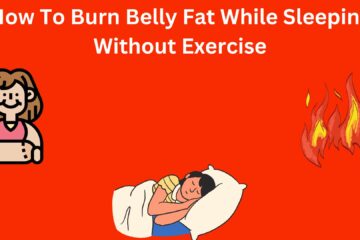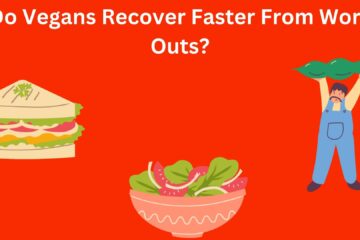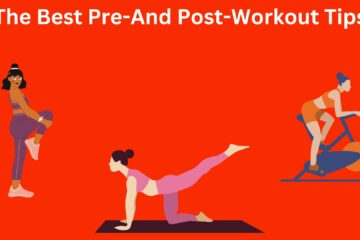Thank you for visiting our article about the finest vegan post-workout supplements!
It might be difficult to locate supplements that fulfill your dietary limitations while also supporting your fitness objectives if you are a vegan athlete or bodybuilder. However, with a little research and imagination, you may identify plant-based alternatives that will help you recover and develop muscle effectively.
This article will go through the significance of post-workout nutrition, the top vegan-friendly components to look for in a post-workout supplement, and our recommendations for the finest vegan post-workout supplements on the market.
We hope this blog helps you locate the correct supplements to support your workouts and recuperation, whether you’re new to plant-based nutrition or a seasoned vegan athlete.
10 Importance Of Post-Workout Nutrition
1. Helps repair and rebuild muscle tissue damaged during exercise
Small rips and damage to your muscles occur during exercise. As it encourages muscle growth and adaptability, this is a normal and required aspect of the muscle-building process. However, it is critical to give your muscles the proper nutrients following exercise to aid in their healing and rebuilding.
Protein, as the building block of muscle tissue, is especially crucial for muscle repair and rebuilding. Consuming protein within the first several hours after exercise can aid in muscle repair and rebuilding.
Other nutrients, including carbs, electrolytes, and antioxidants, may be crucial for muscle healing and repair in addition to protein. By feeding your body with the proper nutrients following exercise, you can aid in muscle repair and rebuilding, allowing you to recover faster and adapt to your training more efficiently.
2. Replenishes glycogen stores, which provide energy to muscles
During exercise, your body uses glycogen, a type of carbohydrate stored in the muscles and liver, for energy. Glycogen reserves are drained after prolonged or severe exercise, resulting in weariness.
Consuming carbs after exercise can assist refill glycogen stores, which can help restore energy to your muscles. This is especially crucial for endurance athletes and those who engage in regular, strenuous workouts.
In addition to restoring energy, replenishing glycogen stores can boost athletic performance by allowing you to train harder and for longer periods. After exercise, consuming the appropriate combination of carbohydrates and protein can assist maximize glycogen production and increase muscle recovery.
3. Enhances muscle recovery and adaptation to training
Your muscles go through a process called protein synthesis, which is the process of generating and repairing muscle tissue, during and after exercise. Protein is the building block of muscle tissue, thus getting enough of it is critical for this process.
Protein consumption after exercise can aid in protein synthesis and muscle repair. This is especially crucial for athletes and bodybuilders who want to gain and maintain muscle mass.
Aside from protein, other foods such as carbs and specific amino acids may aid in muscle recovery and adaptation to training. By giving your body the proper nutrients following exercise, you can aid in muscle healing and adaptation, allowing you to increase your athletic performance and attain your fitness objectives.
4. Reduces muscle soreness
Muscle soreness or fatigue and discomfort caused by exercise-induced muscle injury might develop a day or two after a workout. DOMS stands for delayed onset muscular soreness.
After-exercise nutrition consumption may assist minimize muscle soreness and promote recovery. Protein, in particular, may aid in the reduction of muscle damage and inflammation, hence reducing muscular discomfort.
Other nutrients, such as carbohydrates and specific amino acids, may also play a role in lowering muscle soreness and improving muscle healing in addition to protein. You may be able to lessen muscle soreness and recover faster by feeding your body with the proper nutrition after exercise.
5. Improves immune function
Exercise can tax the immune system, and vigorous or sustained exercise may temporarily inhibit immunological activity. This increases the risk of infections, such as the common cold, and may cause muscle recovery to be delayed.
After exercise, eating the correct nutrients can assist support immune function and lower the risk of illness. Protein, in particular, may aid immune function by stimulating the synthesis of antibodies and immune cells.
Other nutrients, such as carbs, vitamins, and minerals, may assist enhance immune function and minimize the risk of infection in addition to protein. You can help promote immune function and lower the chance of infection by giving your body with the correct nutrition after exercise.
6. Increases protein synthesis, which helps build and maintain muscle mass
Protein synthesis is the process by which muscle tissue is built and repaired. Protein is the building block of muscle tissue, thus getting enough of it is critical for this process.
Protein consumption after exercise can aid in protein synthesis and muscle repair. This is especially crucial for athletes and bodybuilders who want to gain and maintain muscle mass.
Other nutrients, including carbohydrates and specific amino acids, may have a role in boosting protein synthesis and muscle repair in addition to protein. You can boost protein synthesis and muscle repair after exercise by feeding your body with the correct nutrients, which can help you gain and maintain muscle mass and improve athletic performance.
7. Facilitates the removal of waste products, such as lactic acid, from the body
As a consequence of energy generation, your muscles release waste products such as lactic acid during exercise. These waste products can build up in your muscles, causing fatigue and soreness.
Consuming the correct nutrients after exercise can aid in the clearance of waste products from the body as well as muscle rehabilitation. Protein, in particular, may aid in the removal of waste products and the reduction of muscle injury and inflammation.
Other nutrients, such as carbohydrates, electrolytes, and specific amino acids, in addition to protein, may play a role in waste product clearance and muscle recovery. You may help your body remove waste products and recuperate from exercise by giving it the correct nutrition afterward.
8. Helps regulate hydration levels
Exercise can produce fluid and electrolyte imbalances, affecting hydration and athletic performance. Consuming the correct foods after exercise can aid in hydration regulation and muscle recovery.
Protein, in particular, may aid in hydration regulation by boosting water absorption in the body. Electrolytes including sodium, potassium, and magnesium may also play a role in controlling hydration and maintaining fluid balance.
You can help manage water levels and support muscle recovery by supplying your body with the correct nutrients after exercise. This is especially crucial for athletes and bodybuilders because proper hydration is critical for peak physical performance.
9. May improve cardiovascular health and reduce the risk of heart disease
Exercise has been found to improve cardiovascular health and lower the risk of heart disease, among other things. Consuming the proper foods following exercise may assist enhance cardiovascular health and lower the risk of heart disease.
Protein, in particular, has been shown to promote cardiovascular health by lowering blood pressure and cholesterol levels. Furthermore, specific amino acids present in protein may be beneficial to cardiovascular health.
Other nutrients, such as carbs, vitamins, and minerals, may also help improve cardiovascular health. You may be able to improve your cardiovascular health and lower your risk of heart disease by feeding your body with the proper nutrition after exercise.
10. Can improve overall athletic performance
Nutrition is critical for peak sports performance. Consuming the correct nutrients after exercise can aid in muscle healing and response to training, hence improving athletic performance.
Protein, in particular, may aid in athletic performance by aiding muscle recovery as well as the growth and maintenance of muscle mass. Other nutrients, such as carbohydrates, electrolytes, and specific amino acids, may also help improve athletic performance.
By giving your body the proper nutrients following exercise, you can aid in muscle healing and adaptation, allowing you to increase your athletic performance and attain your fitness objectives.
The Top 5 Ingredients To Look For In Vegan Post-Workout Supplements
- Proteins derived from plants, such as pea protein, rice protein, and hemp protein
- Branch chain amino acids (BCAAs), can be obtained from plants like peas, fermented corn, or fermented tapioca.
- Creatine can be generated from plants like algae or potatoes.
- Antioxidants present in plant-based foods such as fruits, vegetables, nuts, and seeds, such as vitamins C and E.
- Plant-based foods such as fruits, vegetables, nuts, and seeds include electrolytes such as sodium, potassium, and magnesium.
The 8 Best Vegan Post-Workout Supplements On The Market
1. Sunwarrior Warrior Blend
This protein powder contains BCAAs and other amino acids and is derived from a blend of pea, hemp, and goji berry protein. It also contains no artificial sweeteners or colors.
2. Garden of Life Sport Organic Plant-Based Protein
This protein powder contains BCAAs and probiotics and is derived from a blend of pea, brown rice, and chia seed protein. It is also organically certified and non-GMO.
3. Vega Sport Performance Protein
This plant-based protein powder contains BCAAs and other amino acids and is derived from a blend of pea, hemp, and alfalfa protein. It also contains no artificial sweeteners or colors.
4. Optimum Nutrition Gold Standard Plant-Based Protein
This protein powder contains BCAAs and other amino acids and is derived from a blend of pea, brown rice, and chia seed protein. It also contains no artificial sweeteners or colors.
5. NAKED Nutrition Pea Protein
This protein powder is composed entirely of pea protein and contains no artificial sweeteners, colors, or tastes.
6. Plant Fusion Complete Plant Protein
This protein powder contains BCAAs and other amino acids and is derived from a blend of pea, artichoke, and quinoa protein. It also contains no artificial sweeteners, colors, or tastes.
7. Nutiva Organic Hemp Protein
This protein powder is comprised entirely of organic hemp protein and is high in fiber and omega-3 fatty acids. It also contains no artificial sweeteners, colors, or tastes.
8. Orgain Organic Plant-Based Protein Powder
This protein powder contains BCAAs and other amino acids and is derived from a blend of pea, brown rice, and chia seed protein. It is also organically certified and non-GMO.
Frequently Asked Questions On The Best Vegan Post-Workout Supplement
1. Which plant-based protein source is better for post-workout recovery?
Plant-based protein sources for post-workout recovery include pea protein, rice protein, and hemp protein. They’re easy to digest and include a nice mix of necessary amino acids.
2. Can a plant-based diet provide adequate BCAAs?
Yes, a plant-based diet can provide enough BCAAs. Plant-based protein sources that contain BCAAs include peas, fermented corn, and fermented tapioca. They are also useful as a supplement.
3. Is plant-based protein as effective for muscle growth as animal protein?
Plant-based protein can be just as efficient for muscle development as animal protein if it includes a complete amino acid profile. Some plant-based proteins, including soy and quinoa, are complete proteins, which means they include all essential amino acids. Plant-based proteins from other sources, such as peas and rice, can be combined to form a complete protein.
4. Can vegans consume creatine supplements?
Vegans can consume creatine supplements. Creatine can be obtained from plants such as algae and potatoes. It should be noted, however, that not all creatine supplements are vegan, as some may be sourced from animal sources.
5. Are there any plant-based electrolyte sources?
Yes, there are various plant-based electrolyte sources. Electrolytes such as sodium, potassium, and magnesium can be found in fruits, vegetables, nuts, and seeds. Coconut water is also high in electrolytes.
Conclusion
In conclusion, vegan athletes and bodybuilders may obtain post-workout supplements that fulfill their nutritional requirements while also supporting their fitness goals.
Plant-based proteins including pea, rice, and hemp protein can help with muscle growth and recuperation. BCAAs, which can be obtained from plants such as peas and fermented corn, can also aid in muscle rehabilitation. Creatine, which may be obtained from plants such as algae and potatoes, may also benefit athletic performance.
Furthermore, antioxidants and electrolytes present in plant-based meals such as fruits, vegetables, nuts, and seeds may help with muscle repair and overall health. You may support your workouts and recovery without compromising your nutritional ideals by using vegan-friendly post-workout supplements.



